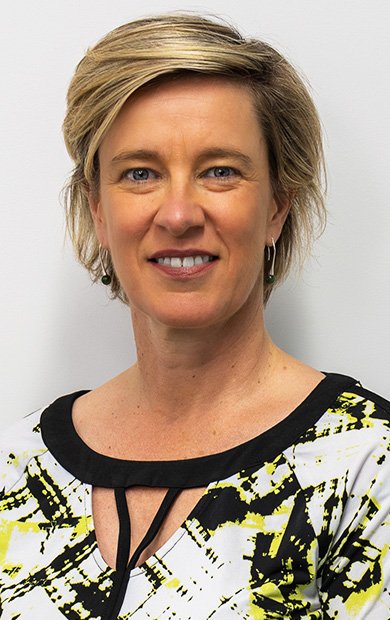New guides available for safe and efficient EV charger installation
Statements
Update: Sponsored access to SA TS 5396:2024 - Electric vehicle (EV) chargers for residential use and SA TS 5397:2024 - Electric vehicle (EV) chargers for commercial applications ended on 01 December 2024. The Technical Specifications have been made available through our Reader Room (24-hour, read-only access) or for purchase via the Standards Australia Store. Please refer to the links at the bottom of this article.
Electric vehicles (EVs) offer numerous benefits for individuals and the community. They are cheaper to run, quieter on the road, and reduce both air pollution and greenhouse gas emissions.
One of the key barriers to EV adoption is the availability of EV charging infrastructure. While many EV owners charge their vehicles at home or at work, access to public charging remains essential for potential EV drivers. These specifications will help ensure a wider range of high-quality EV charging options is available, making it easier for drivers to make the switch to EVs.
To address this, the NSW Climate Change, Energy, the Environment and Water (NSW DCCEEW), in collaboration with Transport for NSW has released the new specifications for EV chargers: ‘Electric vehicle (EV) charger specifications: residential use and commercial applications.’ These specifications, available at no fee through Standards Australia, provide all the information needed to safely install and use EV chargers at home or in commercial settings. This important piece of work is funded by NSW Environmental Trust.
The new guidelines will help customers overcome uncertainties about charging infrastructure. They also offer clear guidance for planning charging while traveling and for businesses investing in charging infrastructure.
By making these specifications publicly available, the NSW Government is supporting the development of a user-friendly and safe charging network both at home and in the broader community. This will help increase the uptake of EVs and contribute to Australia’s net zero goals.
Standards Australia’s Chief Operating Officer, Kareen Riley-Takos, said this is an important first step in supporting the transition to EVs. “The world of motoring is rapidly evolving and the transition to EVs can be confusing for consumers and small business owners. These technical specifications aim to reduce the confusion and uncertainty for consumers, giving them greater confidence to make the shift to lower-emissions vehicles.”
Download the new guides here:
Photo: NSW DCCEEW

Update: Sponsored access to SA TS 5396:2024 - Electric vehicle (EV) chargers for residential use and SA TS 5397:2024 - Electric vehicle (EV) chargers for commercial applications ended on 01 December 2024. The Technical Specifications have been made available through our Reader Room (24-hour, read-only access) or for purchase via the Standards Australia Store. Please refer to the links at the bottom of this article.
Electric vehicles (EVs) offer numerous benefits for individuals and the community. They are cheaper to run, quieter on the road, and reduce both air pollution and greenhouse gas emissions.
One of the key barriers to EV adoption is the availability of EV charging infrastructure. While many EV owners charge their vehicles at home or at work, access to public charging remains essential for potential EV drivers. These specifications will help ensure a wider range of high-quality EV charging options is available, making it easier for drivers to make the switch to EVs.
To address this, the NSW Climate Change, Energy, the Environment and Water (NSW DCCEEW), in collaboration with Transport for NSW has released the new specifications for EV chargers: ‘Electric vehicle (EV) charger specifications: residential use and commercial applications.’ These specifications, available at no fee through Standards Australia, provide all the information needed to safely install and use EV chargers at home or in commercial settings. This important piece of work is funded by NSW Environmental Trust.
The new guidelines will help customers overcome uncertainties about charging infrastructure. They also offer clear guidance for planning charging while traveling and for businesses investing in charging infrastructure.
By making these specifications publicly available, the NSW Government is supporting the development of a user-friendly and safe charging network both at home and in the broader community. This will help increase the uptake of EVs and contribute to Australia’s net zero goals.
Standards Australia’s Chief Operating Officer, Kareen Riley-Takos, said this is an important first step in supporting the transition to EVs. “The world of motoring is rapidly evolving and the transition to EVs can be confusing for consumers and small business owners. These technical specifications aim to reduce the confusion and uncertainty for consumers, giving them greater confidence to make the shift to lower-emissions vehicles.”
Download the new guides here:
Photo: NSW DCCEEW



